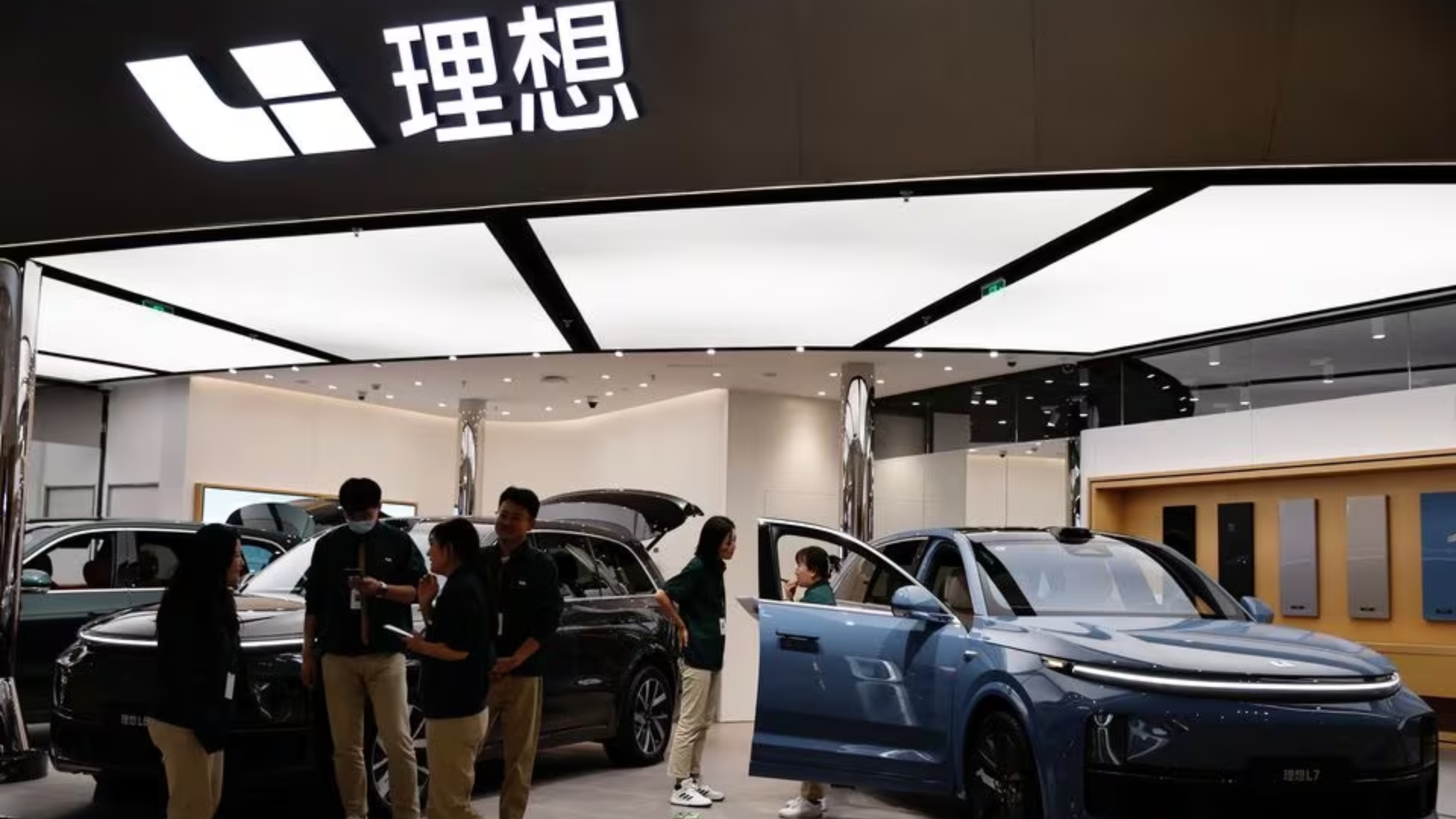SHANGHAI, (Reuters) – China’s Li Auto said it has postponed plans to launch pure electric SUV models to next year, citing hurdles such as a lack of enough fast chargers, sending its shares down more than 17% on Tuesday.
The decision comes as Li Auto, which has built its profits and success on four extended-range gas electric hybrid models, has also encountered a setback with its first fully electric model Mega that didn’t meet its original expectation of sales.
“Enough charging stations and enough incremental display spots (in our retail shops) are two critical and necessary conditions for selling our BEV SUV product,” chief executive Li Xiang told an earnings call late on Monday, referring to battery-powered EVs.
Li Auto had previously planned to unveil three electric SUVs this year and Li said his nine-year-old company wouldn’t launch any electric SUV model until the first half of next year.
Li Auto had pinned its hopes on the Mega MPV that touts a streamlined bullet-style shape to outsell any model priced above 500,000 yuan ($69,000) in China. The company delivered more than 3,000 units of Mega in March, while analysts had expected monthly sales of 8,000 units.
“The company has lowered its priority for 2024 profitability but has been focusing on laying a more solid foundation for BEV’s success after the wrong expectation on the Mega,” China Merchants Bank International analyst Shi Ji said in a note.
The company reported a 37% fall in first quarter profit, which Li said was below his expectation at the beginning of the year.
The investments required to build EV infrastructure, on which its peers such as Tesla and Nio have extensively spent, could weigh on Li Auto’s profitability, analysts said.
Li Auto had installed more than 400 fast charging stations in China by mid-May. By contrast, Tesla has nearly 2,000 Supercharging stations in the country, while Nio has more than 2,200 fast charging stations and 2,415 battery swapping stations available for its EV users for rapid power up.
($1 = 7.2415 Chinese yuan renminbi)
Reporting by Zhang Yan and Kevin Krolicki, Editing by Miyoung Kim and Shri Navaratnam











